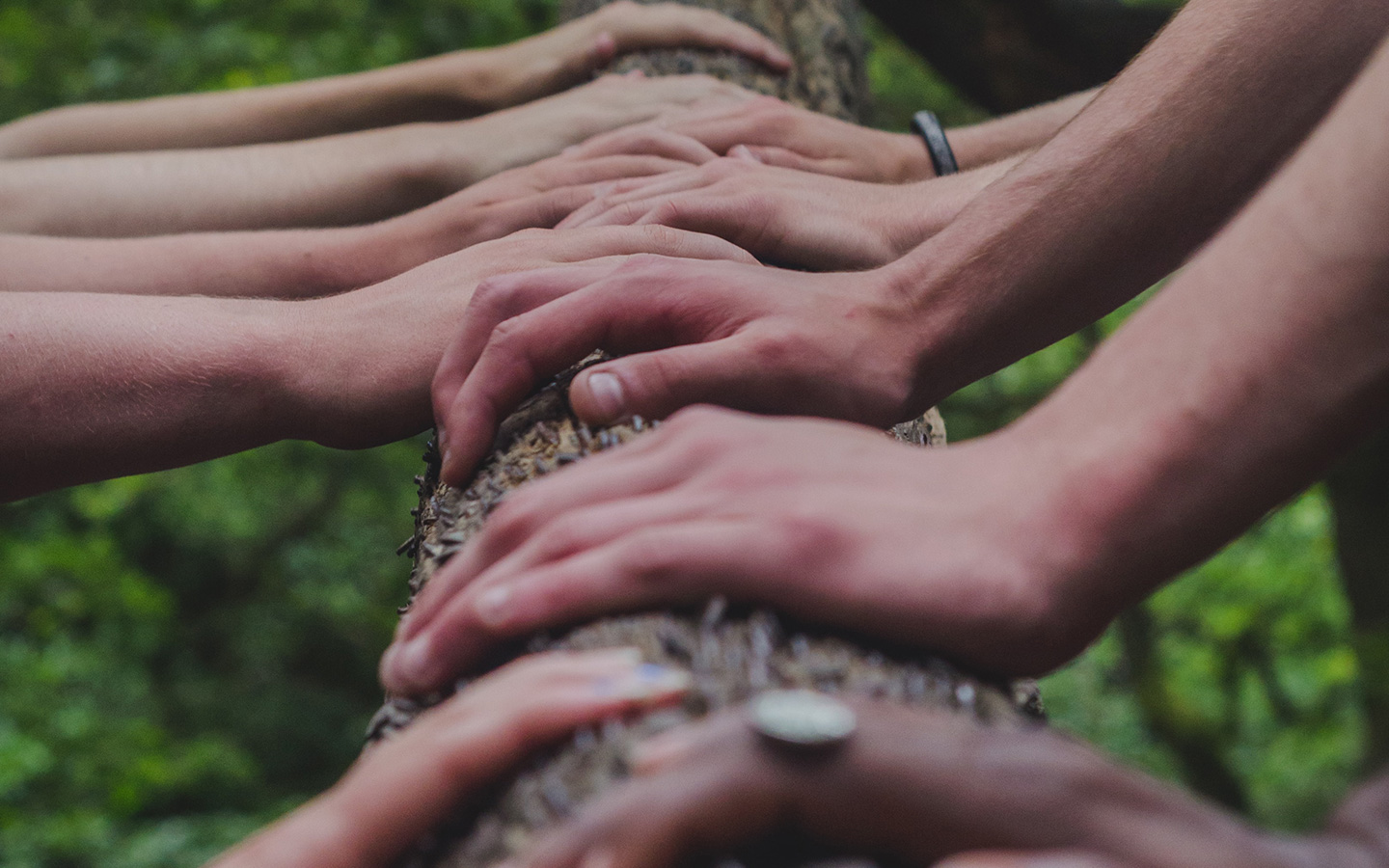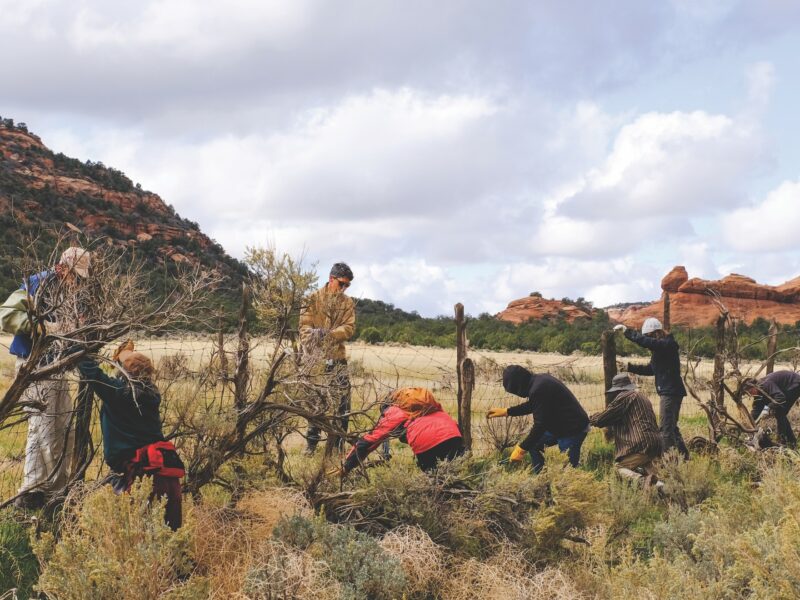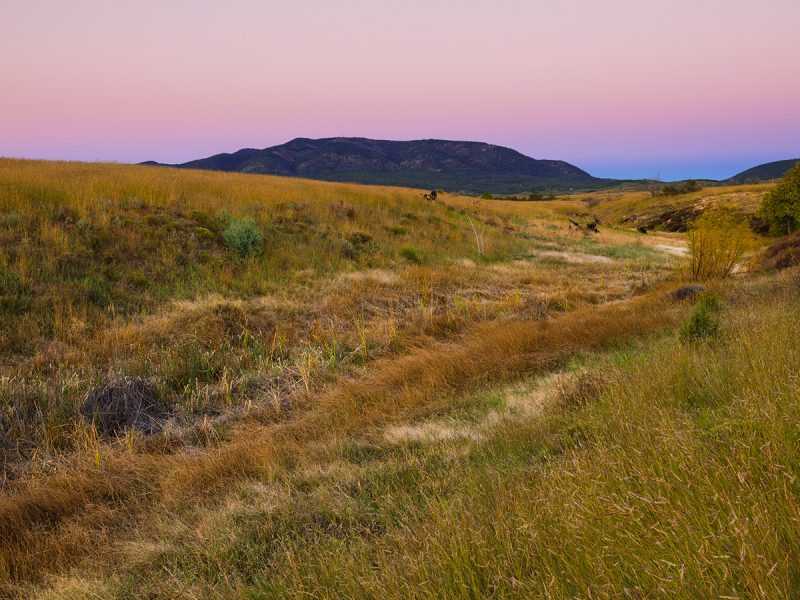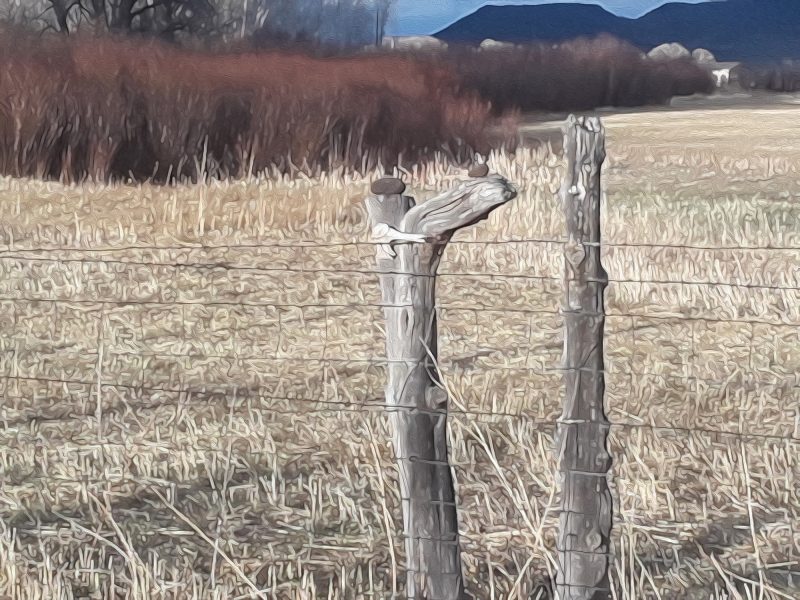
We’re in this together
Since our inception, we have premised our work at Western Landowners Alliance on the value of human and biological diversity and the importance of positive human relationships. We seek to acknowledge and encourage this diversity within our organization, in our communities and among those who steward our land and natural resources. We also recognize that one’s own well-being cannot be understood apart from that of our neighbor, and by extension cannot be understood apart from the well-being of the rest of the human and non-human community. Today, the movement for racial justice underscores more than ever that we are one people on a finite planet.
George Floyd’s murder cast into stark light the reality that black people and other people of color live with every day. It calls on each of us to look squarely at patterns of racism, oppression, conquest and exploitation prevalent throughout human history. There is something in human nature that under certain circumstances can compel us to commit or abide harm based on the false premise that ethnicity, gender, nationality or other difference permits us to do so. We have seen this, for example, in the treatment of women across the world, the Holocaust and recurrent war between peoples and nations. We saw it in the conquest and displacement of indigenous peoples from the very lands we occupy today. The impulses that lead people to treat one another this way are the same impulses that lead to abuse of land and natural resources.
We cannot undo the past, and whether we can change human nature remains an open question, but we can create systems, cultures and relationships that curtail injustice, generate healing and bring forward the better aspects of our nature. We do, after all, have the capacity for better things including our extraordinary ability to reflect, to empathize, to create, to cooperate and to love. How can we tap these capacities as human beings to shape a better future together?
At Western Landowners Alliance, we respect land as a living community. We know that caring for land requires more than good intent. It requires knowledge, adequate resources, supportive public policies and a collaborative, inclusive culture. People are an integral part of this community and the same foundations apply. We do not tolerate discrimination against anyone on the basis of race, ethnicity, gender identity or expression, age, sexual orientation, national origin, religion or disability. To ensure our organization and our work reflect and strengthen diversity, equity and inclusiveness (DEI), last year the board and staff undertook the development and implementation of a DEI plan which includes ongoing continued education, internal and external working agreements and continuous application of DEI principles.
We need to increase our awareness and knowledge of one another and the way in which our relationships and systems increase or decrease individual and collective well-being. WLA is the big tent space for dialogue and collaboration among widely diverse stakeholders on challenging land and natural resources management issues. We work to bridge divides between people and reduce polarization, so that we can more readily build relationships, increase mutual understanding and find common ground solutions.
As a society, we need to conserve and take better care of the lands that supply our food, fiber, water, energy, open space and wildlife. We also need to invest in the people who tend these lands. Our economic system needs to better support ecological stewardship, diversified family farms and ranches and land-based livelihoods, including support for young people and those who are economically disadvantaged. Doing so is critical to creating a more just and equitable society and one better able to maintain a stable and healthy living community for all.
Improving the economics and ecological stewardship of working lands is the central focus of WLA’s work. We recognize that advocacy on these topics needs to be collaborative and informed by a broad diversity of interests and perspectives, and we actively reach out to include those who are too often missing from the table. We find consistently that when we sit down together in good faith and honest dialogue, when we listen to and learn from one another, and when we build real relationships based on trust, paths forward emerge that may have seemed previously unimaginable.
Toward this end, WLA is developing communications platforms that enable diverse voices within the land stewardship community to be heard. Decades of polarizing battles and political rhetoric over land use have drowned out the more nuanced voices of those with boots on the ground who are trying to manage a diversity of needs and values, from production to conservation. Through our newsletters and magazine, media and social media, WLA helps tell the complex, diverse and important stories of stewardship in the American West. We are committed to uplifting the voices of those traditionally underrepresented and underserved.
Aldo Leopold famously said, “We abuse land because we regard it as a commodity belonging to us. When we see land as a community to which we belong, we may begin to use it with love and respect.” Leopold took an expansive view of land as a community, extending it to include soils, waters, plants and animals. By the same token, we need to take an expansive and inclusive view of the human community. We will only succeed in caring for land when we also care for one another.




